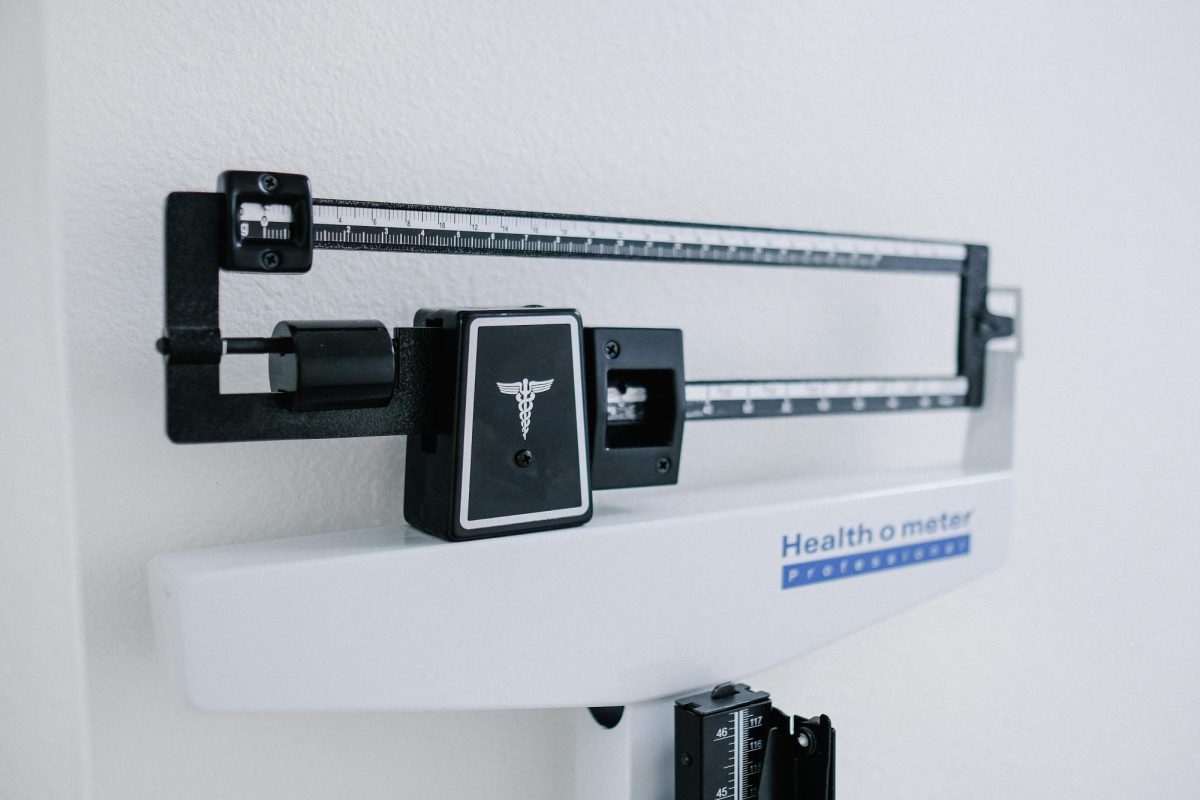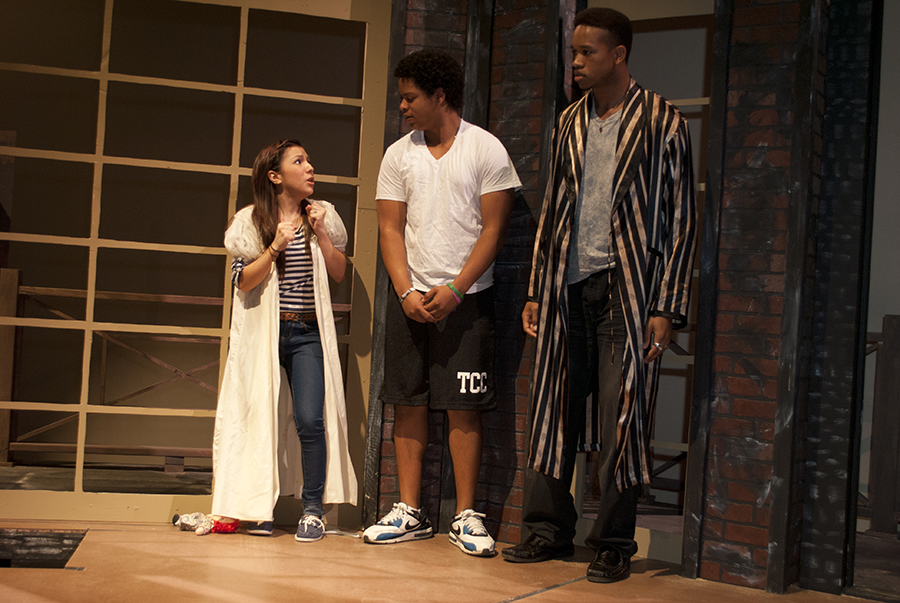By Bethany Peterson/editor-in-chief
A plan to implement a financial fraud tip hotline was discussed at the TCC trustee meeting Feb. 16.
The hotline would establish a system for anonymous tips on financial misuse or fraud and implement a system for investigating them.
“This actually fills a gap that we had in the policy,” Angela Robinson, vice chancellor for administration and general counsel, told the board. “There actually is no policy in place unless a particular person has suffered harm.”
The proposed plan would include a third-party center to receive tips, allowing for communication between the tipper and the college after the initial complaint while allowing the tipper to remain anonymous.
“Studies have consistently shown that tips have been the most common means of fraud detection and that the most common source of tips is from employees,” internal auditor Annette McCurdy said. “The same study shows that the organizations with hotlines get more tips.”
Tips could be received by phone and email. The cost would be $5,000 on an annual basis, and the college could expect 10 to 20 calls a year, McCurdy said.
Of the top 10 largest community colleges in Texas, two already have hotlines in place. One received 30 to 40 reports a year and said the hotline more than paid for itself by what the college saved from fraud, McCurdy said.
Dallas County Community College District’s hotline does not use a third-party center, and the college says it does not receive many helpful tips.
The board would have to approve several changes to current policy to allow the hotline to move forward. No changes were voted on.
Also, more than $3 million for renovations, equipment and services across the district was approved at the meeting.
Renovations to buildings and lighting on South Campus, parking lot repairs on NW and South campuses, automation system replacements in the Technology Arts Building on NE Campus and districtwide surveillance software and equipment for Blue Code phones are among the items to be funded.
The board moved for further discussion of new or replacement digital signage boards at several campus entrances.
The boards would help the college communicate in emergency situations, Chancellor Erma Johnson Hadley said.
The $190,000 price tag to place the signs on South, SE and NE campuses raised questions from trustee O.K. Carter and other board members.
“That’s a $190,000 expenditure that is roughly equivalent to tuition for 500 students in a semester for digital signs,” Carter said. “It seems to me to be a fairly superfluous expenditure.”
The board will look at more information at the next meeting as well as whether the college is required to have the signs for public safety.
NW and TR campuses already have the signs. NE Campus has a sign that would be replaced.





























